|
At the end of the video game Bioshock -- spoiler alert -- the player-character is revealed to be an unwitting slave to a brainwashing antagonist, who triggers obedience by speaking the key phrase 'Would you kindly?' Throughout the game, the player has been given their objectives prefixed with the phrase, making for a neat commentary on the deceptive interactive freedom in gaming.
That phrase often comes to my mind when someone announces a supposedly innovative approach to interactive media, as the results are so often a disappointingly illusory sense of control. Fitting then that, in a recent interview with Wired, the creator of Bioshock, Ken Levine, is asking us kindly to be excited at the prospect of an interactive reboot of The Twilight Zone. Read more at The 405
0 Comments
"There is no more film, there is no more television - there is cinema. And it can be everywhere, and anywhere, and it can do anything."
Francis Ford Coppola isn't the director he used to be. Following his swan-dive from grace with the execrable Jack, tepid-to-terrible reactions to each film that followed dimmed expectations of a return to form. For better or worse, it seems as though the legendary maverick who restaged Vietnam, and determined the course of American crime drama, is lost. 'For worse', you're likely thinking to yourself. Well, you might be more sheepish in the future, when the supposedly diminished Coppola reinvents cinema. Read more here at The 405 Writer-Director Jeff Nichols releases his inner Spielberg in Midnight Special, a sci-fi twist on his reliably compelling Southern Gothic myths
[read more] Riots for Stravinsky and cheers for Hanatarashi. How do you get from the tritone as “the devil in music” to an audience facing a wall of white noise with smiles on their faces?
“It’s amazing, really, how little sound comes out of something you’re smashing with all your might” – Yamatsuka Eye The adventurous Noizu fans who came to see crackpot noise-makers Hanatarashi (meaning snot-nosed) at Tokyo’s Toritsu Kasei Super Loft on August 4th 1985 expected a raucous show. What they didn’t expect was a ferocious performance of industrial-grade destruction, with a back-hoe bulldozer as the lead instrument. Handed waivers upon arrival that relieved the band of any responsibility for injury, or worse, the audience watched as frontman and HDV operator Yamatsuka Eye burst through the doors of the hall atop the bulldozer. Read more at Litro Before the advent of digital cameras, the time limit of a take was set by the length of the film in a reel. Now that cameras can run the clock in excess of any celluloid reel, standard feature length films without cuts are possible. However, only a handful of releases have ever attempted such a feat. The process is certainly a gamble and it takes a confident or foolish director to eschew the all-important coverage that might save a sequence in the edit. Editing is more than simply a safety net, but, when falling through a single-shot shoot, the filmmakers might wish they had one.
Mistakes aside, a filmmaker's purposive narrative, meaning and style will most often change dramatically in the editing suite. Despite what originally might have seemed settled in the script and on the set, the keen focus with hindsight in the editing process has a way of turning what initially seemed prescient into the myopic. To go forward without the benefit of an editor requires that the puzzles that might present themselves in post-production are solved before you call action. Fortune favours the bold, though, and sometimes a limitation is a blessing. Certain films show that the create a distinct experience. While Hitchcock's Rope and Iñárritu's Birdman are masterpieces of single-shot fakery, they're to be disqualified for the advantages of hidden cuts and digital stitching. The focus here is on those audacious films that attempt to never require splicing of any kind. This week sees the UK cinema release of German actor-director Sebastian Schipper's film Victoria. A two-hour thriller constructed as a single take, Schipper's daring gambit is just the latest in a short but remarkable line of single-shot feature films. Victoriasees the eponymous lonely soul, played by Laia Costa, meet her first friends since moving to Berlin, subsequently careening from nightclub flirting to armed robbery in the course of one relentlessly heady night. The film was plotted but not scripted or blocked, which meant improvisation from both cast and crew during each take. The production spent three months preparing and rehearsing, fastidiously working out the logistics, even down to how small issues like the opening of a door might derail an entire night's work. The hard graft paid off, three takes was all it took and the last one was a keeper. Read more at The 405 here A PTSD-afflicted soldier on leave, but desperate to return to warfare, is granted his wish during a bodyguard job for a politically connected family in Alice Winocour's paranoid thriller.
Disorder is yet another addition to a long, tired line of spartan thrillers featuring troubled, quiet men of violence. Leavened by great acting and spectacular sound design, though, it packs enough suspense to be more engaging its peers. Read more here |
Archives
November 2023
Categories
All
LinksWriting
Art & Design Science Music Film All contributions by Kieran Gosney unless otherwise stated.
© Kieran Gosney and kierangosney.com, 2013. Unauthorized use and/or duplication of this material without express and written permission from this blog’s author and/or owner is strictly prohibited. Excerpts and links may be used, provided that full and clear credit is given to Kieran Gosney and kierangosney.com with appropriate and specific direction to the original content.
|
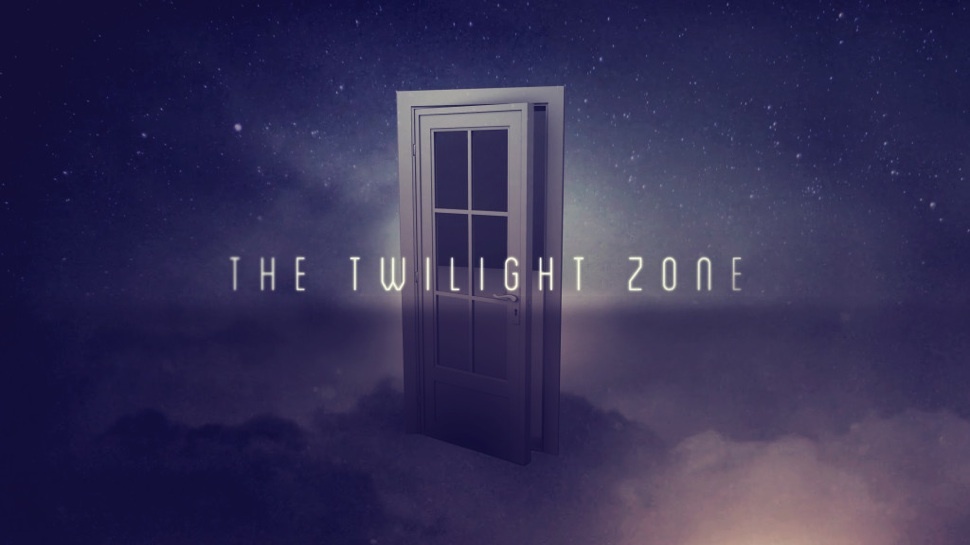
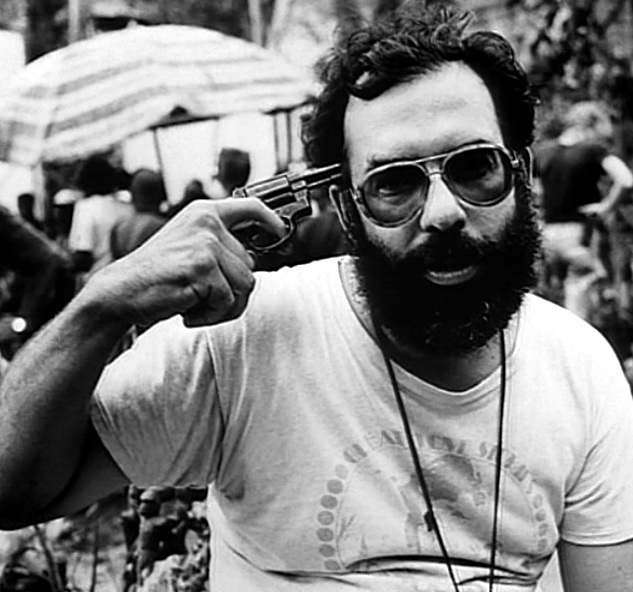
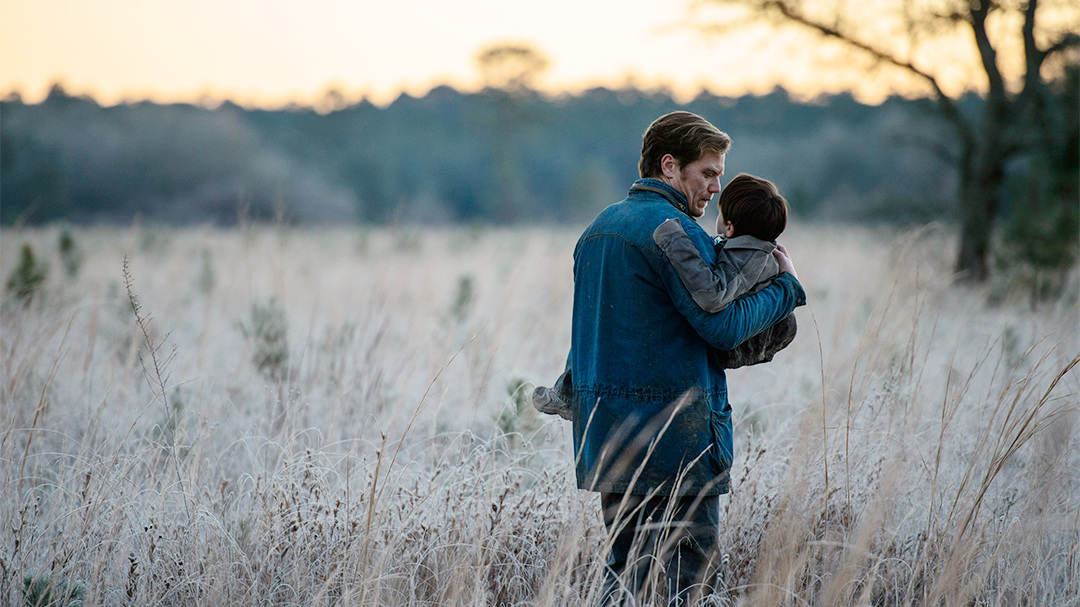
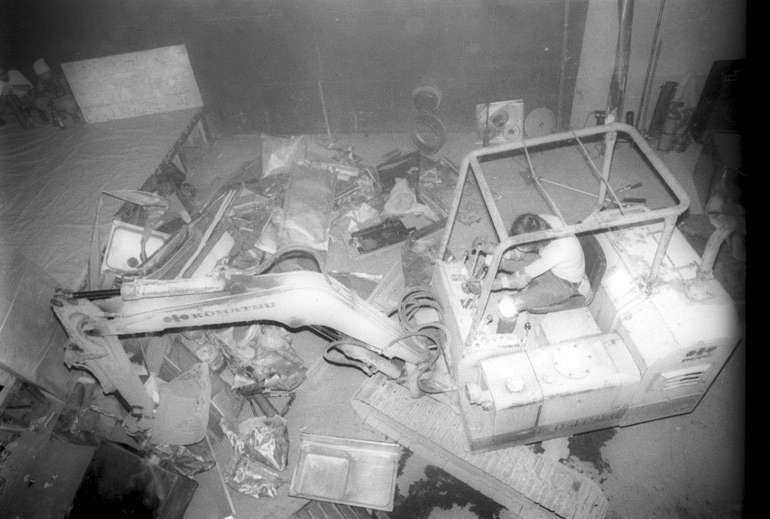

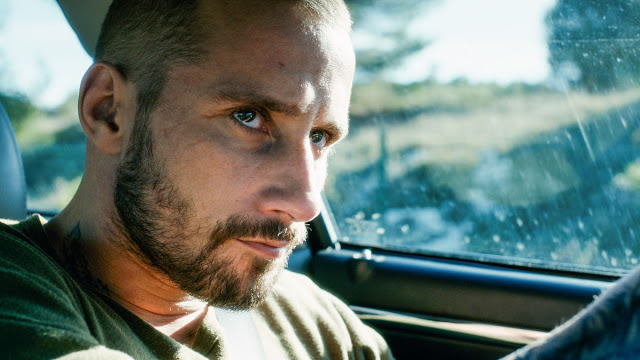
 RSS Feed
RSS Feed